Turn on the tap in a drought: no water
Two weeks ago I went to a church that should be under water.
When Spanish engineers built a reservoir in Catalonia in the 1960s, they flooded the town of Sant Romà de Sau and drowned its buildings. But the ghosts of the village have since come back. Struck by a drought that is killing crops and squeezing businesses, the reservoir has dried to 1% of its capacity. The church as resurfaced as the waterline has plunged.
Setting my feet on the hard ground of a reservoir and walking through the ruins of a lost village felt like stepping into a disaster film. But it was nowhere near as surreal as seeing farmers, tourists and locals in a rich part of Spain fight over water – a natural resource that I take for granted.
When Russian troops marched deep into Ukraine and sent gas prices soaring, I stood under the shower in my apartment in Berlin and decided to spend less time washing. Taking shorter showers would (admittedly, in a small way) shrink my carbon footprint, lower my energy bill and reduce the money I sent to Putin’s war chest.
But even though Germany had been in a drought since 2018 – one that ended just last month – I did not think about the water I would save. Like most people I know, water does not weigh on my mind. It just flows when I turn the tap.
The opposite is true for Albert Grassot, a fifth-generation rice farmer in the medieval town of Pals. The drought that has gripped the region and threatened his farm occupies his thoughts more than the coronavirus pandemic and the energy crisis.
“Those things trouble me, for sure, but not as much as the drought,” said Grassot. He drove me through fields that will lie fallow if no rain falls in the next few months and said the “injustice” of the restrictions, which demand farmers cut back on water more than industry and the public, together with the effects of the drought, made him feel powerless. “It is a feeling of impotence, weakness and rage.”
Catalans have some of the lowest water use in Europe as a result of investments, policies and public information campaigns the government ran after a previous drought struck in 2008. To see them struggling so much now is an alarm bell for southern Europe, which is set to dry out as the planet heats up.
In Barcelona, which has been under emergency water restrictions since last month, public fountains are dry and beachside showers have been shut off. Posters in subway stations warn in stern letters that “water doesn’t fall from the sky.” The tourism industry, which makes up 12% of Catalonia’s economy, is in panic mode because hotels can’t fill up their swimming pools. The Catalan government reinforced its fire prevention units in February – four months earlier than planned – because the amount of dead plant matter had hit record levels.
But visiting tourists, who use twice as much water as the average local, seem oblivious to the damage that water scarcity is wreaking on Spain’s economy and ecology. So, too, do people in other rich countries with the power to use less water but little interest in doing so.
There are simple and meaningful steps you can take – even as governments would have to work to reuse water and secure supplies. If individual actions like turning off taps while brushing your teeth seem small, there are big shifts that make a crucial difference if enough people do them. Swapping baths for showers or washing for only as long as it takes to sing your favourite song – depending on your music taste and the tolerance of your neighbours – is one powerful way the Catalans I met save water.
But your diet, perhaps surprisingly, is one of the biggest drains on water. Eating foods that need large amounts of water to produce – particularly meat from animals that have been fed on grain – massively increases your hidden water footprint.
Columnist George Monbiot earlier argued that this is another reason to swap to diets based on plants, which need far less water than meat and dairy, and to move away even from those vegetarian foods that need a lot of water to grow.
“I hate to pile yet more on to you, but some of us have to try to counter the endless bias against relevance in politics and most of the media,” he wrote. “This is yet another of those massive neglected issues, any one of which could be fatal to peace and prosperity on a habitable planet.”

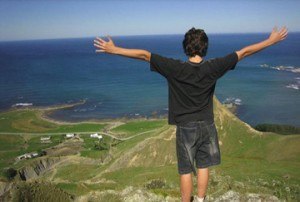
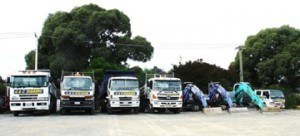

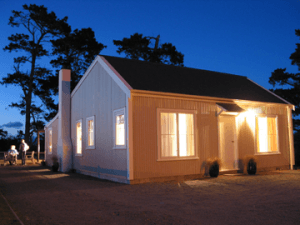

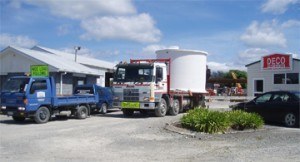

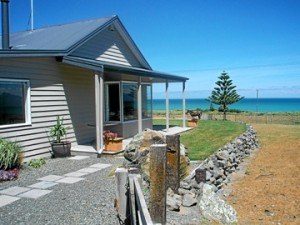


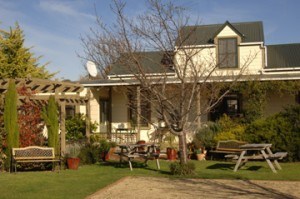

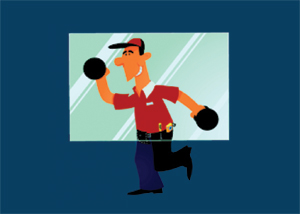
Recent Comments